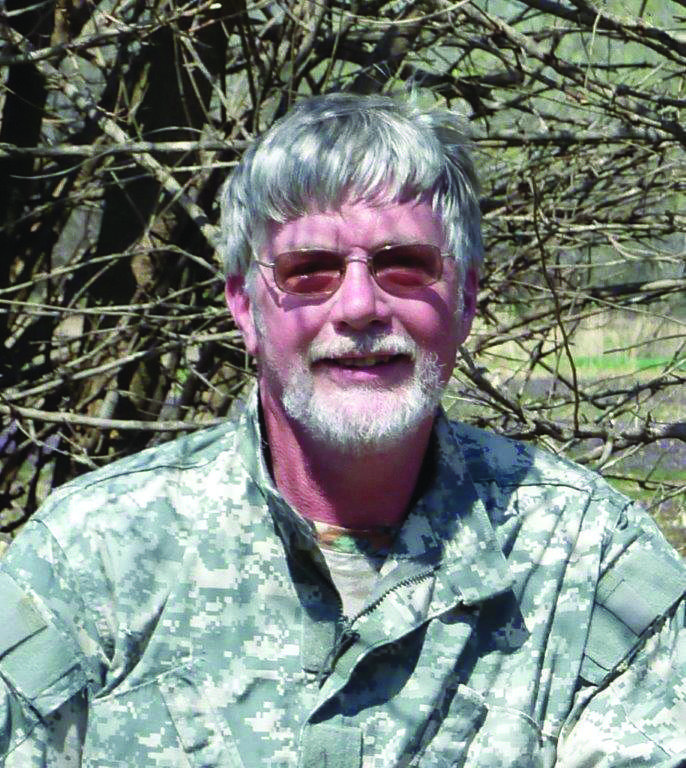By Ron Wilson, director of the Huck Boyd National Institute for Rural Development at Kansas State University
If a centennial is 100 years and a sesquicentennial is 150 years, what is 130 years? Whatever that number of years might be called, in 2017 it is the basis of a celebration of the founding of a historic community in rural Kansas.
A team of volunteers has come together to celebrate the 130th anniversary of the founding of Zenda, Kansas. Zenda was founded along a railroad line in Kingman County on Sept. 6, 1887.
The town was originally named New Rochester. However, the post office found that there were already 28 places named Rochester in the U.S. so the name needed to be changed to avoid confusion. The wife of a railroad employee had just read an 1884 novel called The Prisoner of Zenda, and she suggested Zenda because it was a pretty-sounding name. Another version of the story is that Zenda is the shortened form of an ancient religious term meaning “Good Prevails over Evil.” In any event, the town’s name was officially changed to Zenda in 1899.
The town changed through the years. In 1987, Zenda celebrated its centennial. An extensive, hard-cover historical book about Zenda was produced for the centennial year. One of those on the book committee was Bonnie Bailey.
Three decades later, Bonnie Bailey is again volunteering to help with the celebration. She is now president of the Zenda Museum Board. Betty Green is board treasurer.
Zenda is located in southwest Kingman County. It is a rural community of 90 people. Now, that’s rural. In 2017, people from Zenda and the surrounding rural region have come together to celebrate the 130th anniversary of the community’s founding. A full slate of activities is planned for Saturday, Sept. 2.
Activities begin with a kids fun run and a 5K walk and run for the adults on Saturday morning. A farmers market and craft show will be open, followed by a square dance exhibition from Harper County. A parade will take place at 10:30 a.m.
At 12 noon, turtle races will be held, followed by a serving of the Zenda birthday cake at the community center and a horse shoe tournament and bingo. Kid’s games will be held in the afternoon, with the Zenda fire trucks providing water to cool off the kids afterwards.
A decorated wheel barrow race and scavenger hunt takes place in the evening. At 6:30 p.m. is a historical play called Legends written by Betty Green. “This shows interesting characters from the community’s past. They’ll perform in period costume,” Betty said. A street dance and beer garden will conclude Saturday night.
Food vendors will be available during the day. A quilt display will be open as will the museum.
Memorabilia from the community’s past will be on display at the museum. Another part of the museum shows a remarkable miniature model of historical Zenda, as constructed by Bonnie Bailey herself.
“Thirty years ago, Bonnie built a tiny replica of Zenda as it appeared in the 1900s,” Betty Green said. “She made little wooden buildings and added shingles and doors. It has lots of detail, like things sitting on the porches. It’s quite impressive. I think it took her about three years to do it.”
Zenda is located in a strong agricultural region of south central Kansas. In fact, one of the new varieties of hard red winter wheat developed by K-State wheat breeders and released by the Kansas Wheat Alliance in 2016 is named Zenda.
Agriculture remains a backbone of the economy around Zenda. It also has its own rural telephone company to provide quality service. The community itself is strengthened by the commitment of the volunteers who sustain and celebrate it.
We salute Bonnie Bailey, Betty Green, and all those who are making a difference by preserving and celebrating this history. So if a centennial is 100 years and a sesquicentennial is 150 years, what is 130 years? The answer is: A lot of fun, in the rural community of Zenda, Kansas.
And there’s more. An old lumberyard in Zenda has a whole different purpose. We’ll learn about that next week.
Audio and text files of Kansas Profiles are available at http://www.kansasprofile.com. For more information about the Huck Boyd Institute, interested persons can visit http://www.huckboydinstitute.org.
The mission of the Huck Boyd National Institute for Rural Development is to enhance rural development by helping rural people help themselves. The Kansas Profile radio series and columns are produced with assistance from the K-State Research and Extension Department of Communications News Media Services unit. A photo of Ron Wilson is available at http://www.ksre.ksu.edu/news/sty/RonWilson.htm. Audio and text files of Kansas Profiles are available at http://www.kansasprofile.com. For more information about the Huck Boyd Institute, interested persons can visit http://www.huckboydinstitute.org.





